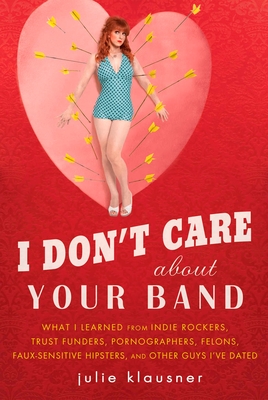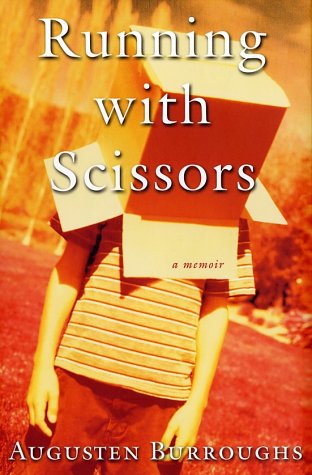
The Jane Austen Book Club, written by Karen Joy Fowler, brings together 5 ladies -- and one guy -- who all get together to read and discuss Austen's six novels. The book is half an analysis of these novels, and half a character study of the book club members.
Jocelyn and Sylvia have been buddies since high school, and even dated the same guy, Daniel, who Sylvia ended up marrying. Now the women are in their fifties, and Sylvia and Daniel are divorcing. Sylvia's 30-year-old daughter Allegra is also in the book club; she went through a recent breakup with her girlfriend. Prudie, a 28-year-old French teacher, doesn't understand why her wonderful husband Dean loves her so much, and she has to come to grips with her relationship with her mother after she dies. Bernadette is in her sixties, has been married three times and is quite eccentric -- she's been known to go to the grocery store in slippers with her hair sticking up. And Grigg is a 40-something "mystery man" to the woman. All they know is that he's a science fiction geek who decides to join the club after meeting Jocelyn at a convention.
The book is broken up into months, and in each month, the club explores a different Austen novel. Along with that, each month gives an in-depth look at one of this book's characters. Sometimes what happens in the month parallels a theme or part of an Austen book. For example, when the club is studying Pride and Prejudice, there is a scene somewhat similar to the ball the Bennett sisters attend in P&P. I found this very clever on Fowler's part.
However, the characters seemed really two-dimensional to me. For example, I didn't see the point in Fowler letting us know that Jocelyn dated Daniel first; it never comes into play in the novel. Prudie's mother dying also doesn't seem to make much of a difference on her character developement. And even more bizarre is why Grigg suddenly starts to have a crush on the older, never married, dog-raising Jocelyn. There is no real chemistry between the two earlier in the book that leads you to believe they might pair up.
The Jane Austen Book Club (which was made into a movie in 2007 starring Emily Blunt) is a quick, easy read fun for any Austen fan. But I'm not sure what the great writer herself would think of this book.



